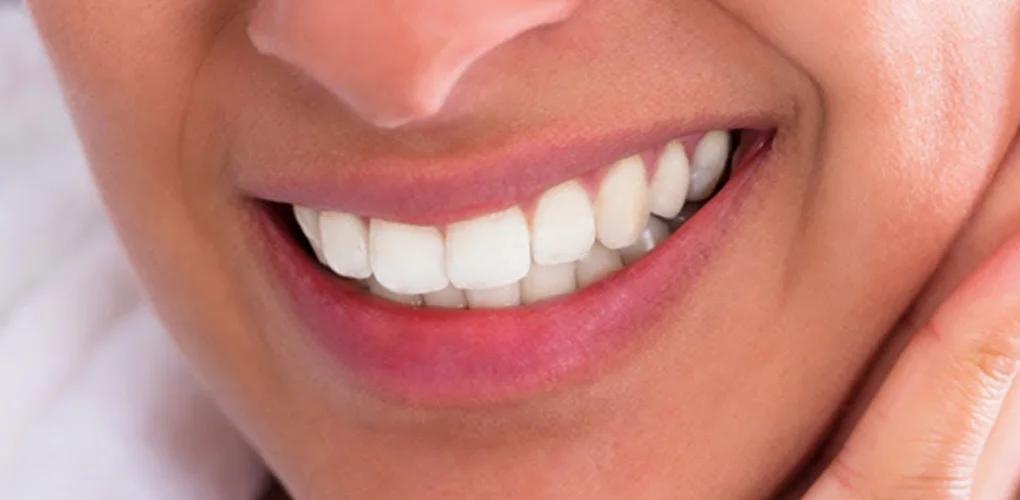The Impact of Teeth Grinding on Your Health
Another name for teeth grinding is bruxism. Bruxism is a condition in which a person grinds his teeth intentionally or unintentionally either in sleep or while awake. Teeth grinding in sleep is referred to as ‘Sleep bruxism’. However, subconsciously grinding teeth while a person is awake is termed ‘Awake bruxism’.
Many people occasionally grind their teeth especially in stressful conditions, but teeth grinding can damage teeth structure if it happens on regular basis. Initially, teeth grinding feels relaxing, but it can cause dental damage in later life. Bruxism is common in teenagers and adolescents during sleep. It usually stops when they step into adulthood.
The exact cause of teeth grinding is unknown because there is no specific cause of bruxism. However, several risk factors contribute to cause teeth grinding.
Risk Factors:
- Stress
- Genetics
- Medication
- Sleep apnea
- Lifestyle habits
- Medical conditions
Symptoms of Teeth Grinding
- Flat or chipped tooth surfaces
- Sensitivity
- Tooth pain
- Jaw pain or soreness
- Worn enamel
- Loose teeth
- Headaches
- Sleep disruption
Effects of Teeth Grinding
Long term teeth grinding can result in dental issues as well as health condition.
1. Tooth Damage
Habitual teeth grinding can result in enamel worn off or tooth damage. Consistent teeth grinding slowly and gradually cause flattening of the occlusal/Incisal surfaces of teeth. This will increase the risk of sensitivity and tooth damage.
2. Jaw Pain
Teeth grinding increases the risk of jaw pain due to continuous friction production. Teeth grinding increase pressure at the joint that connects the lower jaw to skull. This increased load results in compression of articulating disk that will lead to friction between bones.
3. Headaches
People with teeth grinding in sleep always feel mild headaches in the morning. Overnight teeth clenching causes muscles tension that will cause mild headaches.
Treatment Options in Dubai
Following are the teeth grinding treatment options available in Dubai:
1. Night Guards
Night guards or Mouth guards can help protect from grinding while sleeping. It helps to reduce muscle strain.
2. Stress Management Techniques
Therapies like physical exercise, meditation, cognitive therapy can be used to manage stress among individuals. These therapies help to reduce teeth grinding.
3. Dental Procedures
Dental crowns or restoration of occlusal surfaces can help to reduce teeth grinding.
4. Medications
Muscle relaxants or antidepressants can help by relaxing the cheek muscles. The healthcare providers use these medications for short term to manage emotional issues causing bruxism.
Prevention Tips for Teeth Grinding
- Stress Reduction Techniques
- Mouth exercises
- Lifestyle Changes
- Avoid hard substances (nuts, ice, candies)
- Use hot or cold compress
- Regular Dental Check-ups
Lifestyle Changes to Reduce Teeth Grinding
1. Diet and Nutrition Tips
Magnesium rich food helps to reduce teeth grinding. Vitamin-C rich foods promote gum health and potentially reduce teeth grinding.
2. Exercise and Relaxation Techniques
Chin tucks, tongue-relaxation exercise, and other muscle relaxation exercises help to reduce teeth grinding.

